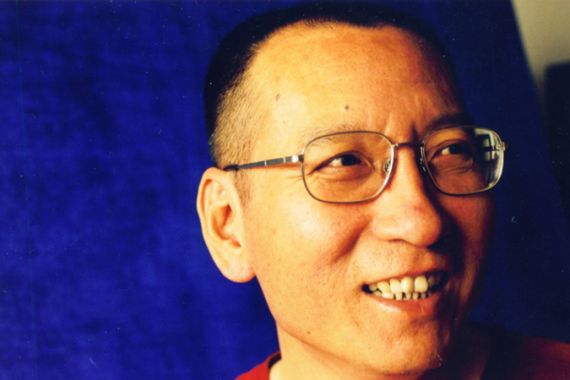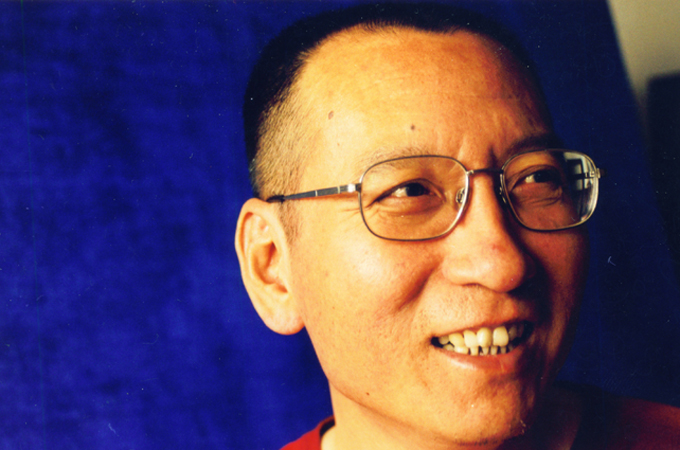Profile: Liu Xiaobo
The Chinese Nobel laureate is a well-known writer and a prominent rights activist.

 |
| Liu has been an activist for civil rights since the demonstrations in Tiananmen Square in 1989 [EPA] |
The 2010 Nobel Peace prize winner, Liu Xiaobo, is an imprisoned Chinese human-rights activists.
In December 2008, he helped to organise the Charter 08 petition, which called for political reforms in China. It was published on the 60th anniversary of the United Nations’ Universal Declaration of Human Rights.
He was detained almost immediately and held for six months under house arrest. A group of prominent foreign academics, lawyers and writers, including several Nobel laureates, wrote to Hu Jintao, the Chinese president, asking for Liu’s release.
But in December 2009, Liu was jailed for 11 years for “inciting subversion of state power” for his role in the petition and for online essays critical of the Communist Party.
Before becoming an activist, Liu was a well-known writer and a literature professor at Beijing Normal University. He also worked as a visiting scholar at the universities of Oslo, and Hawaii and at Columbia University in New York.
In 1987, his first book, Criticism of the Choice: Dialogues with Li Zehou, on philosophy and aesthetics, became a non-fiction bestseller. It challenged the ideas of professor Li Zehou, a rising ideological star with great influence on young intellectuals.
Orchestrating protests
Since the 1989 pro-democracy protests centred on Beijing’s Tiananmen Square, which were crushed by armed troops, Liu has been an activist for human rights and political reform. He was jailed for 20 months over his role in the protests.
In 1995, Liu orchestrated several daring petitions to parliament by groups of dissidents and intellectuals. He was held for more than seven months without formal charges.
On September 30, 1996, Liu and Wang Xizhe, a veteran pro-democracy activist, issued a statement urging the communist authorities to honour a promise in 1945 to give people religious freedom, freedom of the press and speech, and the freedom to form political parties and hold demonstrations.
They demanded that Jiang Zemin, the Communist Party chief, would be indicted for violating the constitution for saying the Chinese army was under the “absolute leadership” of the party instead of
the state.
Within weeks, Liu was sentenced to three years in a labour camp.
Liu was born in 1955, in the city of Changchun in Jilin province.
After middle school, he was sent to the countryside to work in farms, and then worked at a construction company in Changchun before being admitted to study Chinese literature at Jilin University,